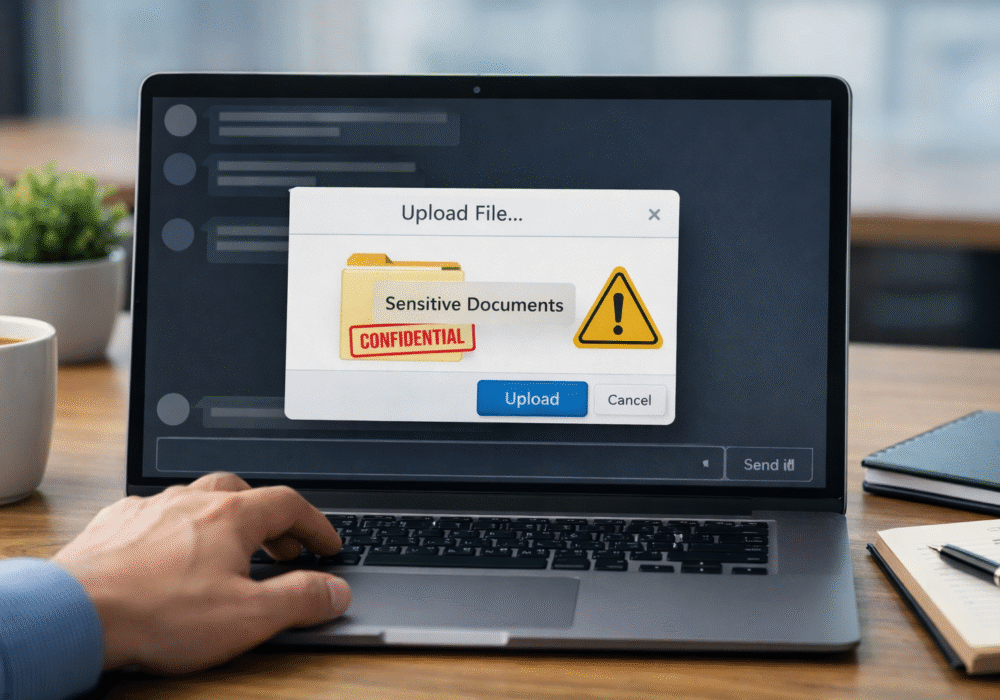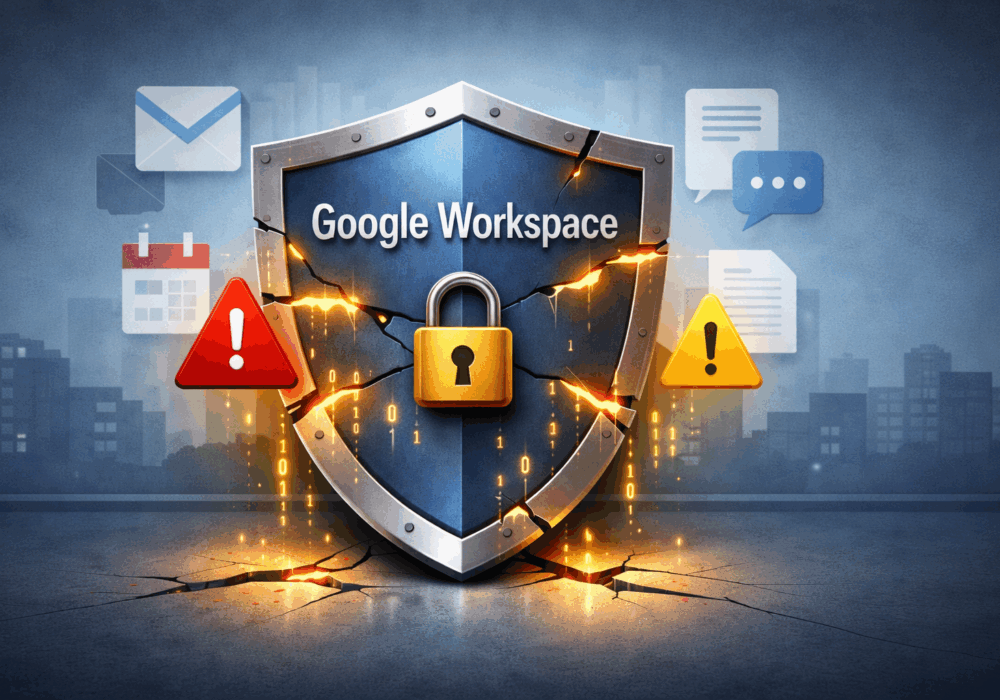3DES Encryption, also known as Triple Data Encryption Standard (DES), is a type of cryptography where block cipher algorithms are applied three times to each data block. The key size is increased in Triple-DES to ensure additional security through encryption capabilities. Each block contains 64 bits of data. Three keys are referred to as bundle keys with 56 bits per key. There are three keying options in data encryption standards:
Key option #3 is known as triple-DES. The triple-DES key length contains 168 bits but the key security falls to 112 bits.
Triple DES encrypts input data three times. The three keys are referred to as k1, k2, and k3. This technology is contained within the standard of ANSIX9.52. Triple DES is backward compatible with regular DES.
Triple DES is useful because it has a large key length, which is longer than most key lengths affiliated with other encryption modes. However, the DES algorithm was replaced by the Advanced Encryption Standard (AES) by the National Institute of Standards and Technology (NIST) in recent years.
Encryption and cryptography are important to all SMBs and MSPs in order to protect the confidentiality and integrity of critical and sensitive information. Encryption also plays a role in protecting data availability in that backups need to be protected with encryption if they contain critical and sensitive data.
SMBs or MSPs may fall under legislative controls such as CMMC, HIPAA, or PCI, all of which require specific forms of data encryption. Examples of these legislative requirements include individual healthcare records under the Health Insurance Portability and Accountability Act (HIPAA), Credit Card PAN information under the Payment Card Industry Data Security Standards (PCI-DSS), Controlled Unclassified Information (CUI) under the CMMC legislative controls, and even Non-Public Personal Information (NPPI) under the General Data Protection Act in the EU, or here in the US, the California Consumer Privacy Act.
One strategy for SMBs to deal with industry compliance requirements is NOT to have such data in their possession, to begin with. For example, PCI compliance obligations can often be avoided by partnering with an online Payment Service that performs the Credit Authorization outside of your control and simply provides an approval or authorization code back. However, in cases where an SMB/MSP must collect and store critical and sensitive data, then they must protect it with encryption. Today, that means using the Advanced Encryption Standard (AES) encryption, currently the most powerful algorithmic way to produce one-way functions to protect your data from compromise and exposure.
SMBs/MSPs should encrypt laptops and tablets with Microsoft’s BitLocker or Apple’s FileVault to protect the critical and sensitive data they contain from compromise. This limits a stolen or lost device to a financial loss or cost instead of larger financial fines from a breach of regulated critical or sensitive data (HIPAA records, PCI, or CMMC).
As with physical keys, logical key management is important. Be certain you store decryption keys in a secure place, not on the device for which the key decrypts the data itself. Make sure you protect the use of the key with a strong, long, and unique password, stored in a Password Manager which itself is similarly protected with similar password controls AND two-factor authentication. Beyond encryption and key management, companies can do the following things to further protect themselves from compromise.
The following recommendations will help you and your business stay secure with the various threats you may face on a day-to-day basis. All of the suggestions listed below can be gained by hiring CyberHoot’s vCISO Program development services.
Each of these recommendations, except cyber-insurance, is built into CyberHoot’s product and virtual Chief Information Security Officer services. With CyberHoot you can govern, train, assess, and test your employees. Visit CyberHoot.com and sign up for our services today. At the very least continue to learn by enrolling in our monthly Cybersecurity newsletters to stay on top of current cybersecurity updates.
Sources:
Additional Reading:
What is Data Encryption Standard (DES)?
Related Terms:
CyberHoot does have some other resources available for your use. Below are links to all of our resources, feel free to check them out whenever you like:
Note: If you’d like to subscribe to our newsletter, visit any link above (besides infographics) and enter your email address on the right-hand side of the page, and click ‘Send Me Newsletters’.
Discover and share the latest cybersecurity trends, tips and best practices – alongside new threats to watch out for.

Not surprising when Trouble Ensues Last summer, the interim head of a major U.S. cybersecurity agency uploaded...
Read more
And How to Fix Them Let me make an educated guess. You moved to Google Workspace because it was supposed to...
Read more
Remember Heartbleed? That security nightmare from a few years back that made everyone panic about their...
Read moreGet sharper eyes on human risks, with the positive approach that beats traditional phish testing.
